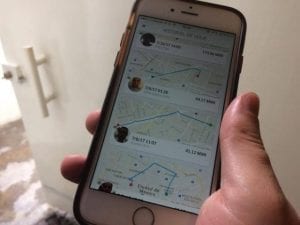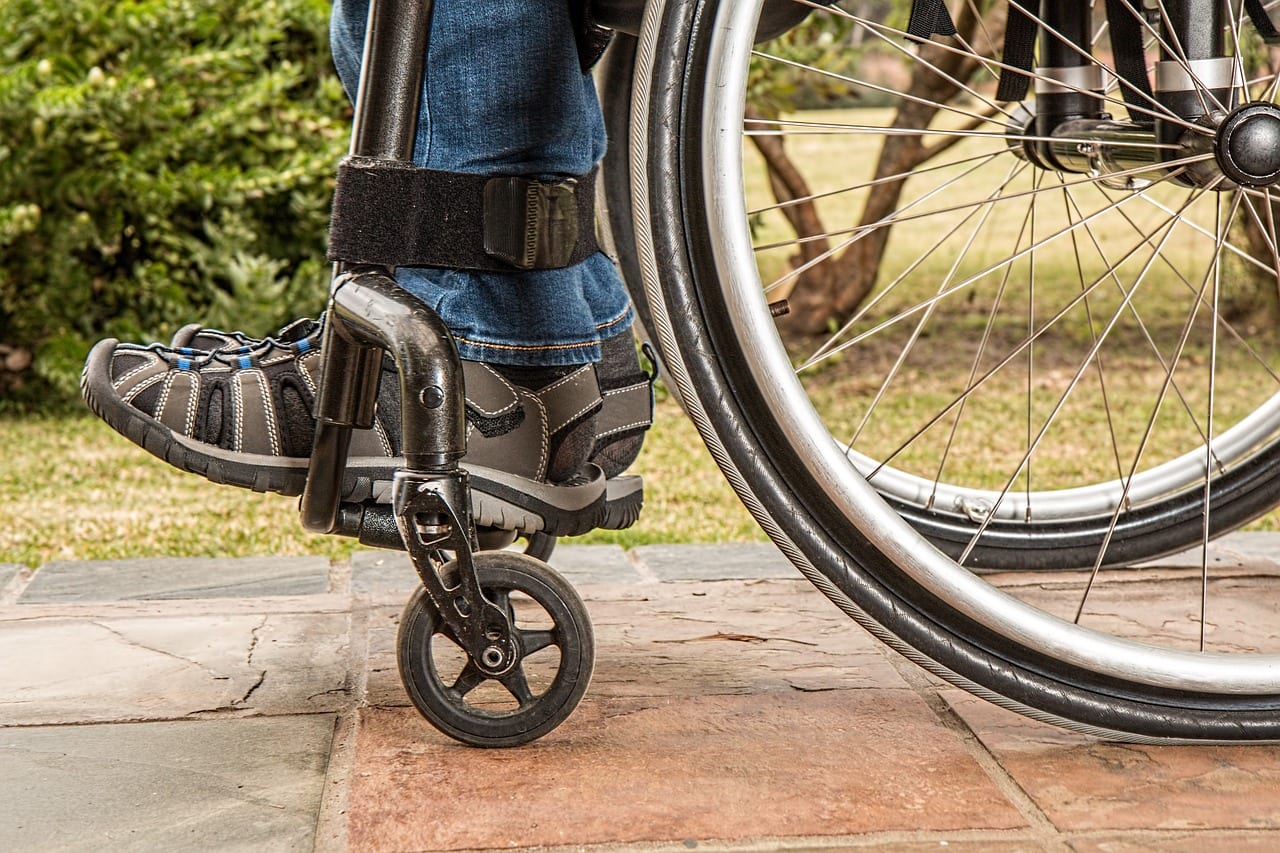Uber has also agreed to waive and refund double the amount of any “wait-time” fees disabled consumers were previously required to pay.
Uber has agreed to pay more than $2 million to settle federal allegations that it discriminated against rideshare passengers with disabilities.
According to The Los Angeles Times, the settlement between Uber and the federal Department of Justice was announced on Monday.
As part of the agreement, Uber has agreed to waive “wait-time fees” for users with disabilities, and to compensate consumers who were not given the option to waive such fees on completed journeys.
In its initial lawsuit, the Department of Justice alleged that Uber had violated the Americans with Disabilities Act, or A.D.A., by making rideshare consumers pay a set fee if they took more than two minutes to reach an Uber driver who indicated they had “arrived” at the pick-up location.
The government alleged that this practice was, in essence, offensive to disabled passengers, insofar as it made them feel like “second-class citizens.”
“Ensuring equal access to transportation for those with disabilities is an important goal of the A.D.A.,” United States Attorney Stephanie M. Hinds said in a Justice Department news release. “This agreement removes that barrier to passengers with disabilities and provides a mechanism to compensate those harmed by Uber’s past wait time fee policy.”

The settlement will oblige Uber to credit the accounts of more than 65,000 passengers who applied for wait-fee waivers, refunding them double the amount of money they already paid in penalties.
The Los Angeles Times notes that the refund alone could cost Uber hundreds of thousands of dollars, if not millions.
Uber will also pay an additional $1,738,500 to more than 1,000 disabled users who raised complaints about the wait-time policy, while a further $500,000 will be paid to others.
In a statement, Uber said that it is “pleased” to have resolved the litigation.
“We’re pleased to have reached this agreement with the Department of Justice and look forward to continuing to help everyone move easily around their communities,” Uber spokesperson Carissa Simmons said in a statement.
The Times adds that Uber had changed its wait-time policies shortly before the lawsuit was filed, ostensibly to allowed passengers with disabilities to use its rideshare services without penalty.
“It has long been our policy to refund wait time fees for riders with a disability when they alerted us that they were charged, and prior to this matter being filed, we made changes so that any rider who shares that they have a disability would have wait time fees waived automatically,” Simons said.
The lawsuit was initially filed on behalf of a 52-year-old quadriplegic woman in Florida, who regularly uses Uber services to attend physical rehabilitation sessions.
The woman said that she typically requires about 5 minutes to reach an Uber vehicle once it arrives at her home.
Although Uber’s wait-time fees are usually nominal—often less than a dollar—the Department of Justice said that its decision to continue levying fees on disabled passengers indicated a “broader discrimination.”
Sources
Uber settles U.S. lawsuit over disabled riders, vows to waive fees
Uber to pay users with disabilities over $2 million to settle lawsuit


Join the conversation!